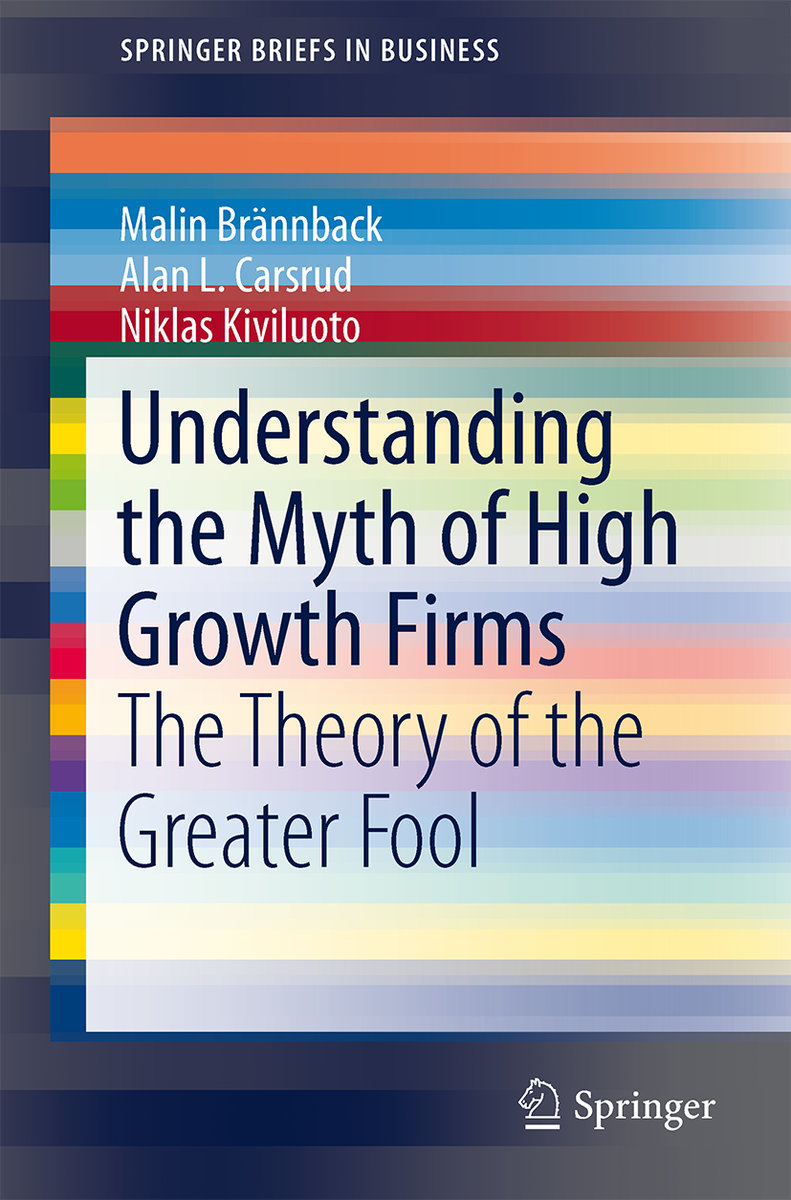In this volume, the authors challenge some long held assumptions about entrepreneurial firms held by academics, public policy makers, investors and even entrepreneurs themselves. The first is assumption is that growth is what really differentiates an entrepreneurial firm from a small business. The second is that growth is always good. Third, if growth is rapid, and/or high growth, it is even better.Drawing from a fresh review of the literature, their own primary research and experience in entrepreneurial ventures, the authors argue that the relationship between growth and firm performance is, in fact, inconclusive. Despite the strength of contemporary bias, there is strong evidence that the growth-profitability relationship is problematic. For example, rapid growth may lead to considerable organizational challenges that can seriously constrain a firm´s ability to generate sustainable profits. Also, it is not uncommon that a growth firm becomes a victim of its own success.Using examples from industries as diverse as airlines, accounting, biotechnology, information technology, personal products, wineries, and food establishments, the authors highlight limitations to research due to variations in the choice of growth indicators, the calculation of growth measures, the measurement periods, and whether objective or subjective measures have been used. Moreover, researchers have equated growth with high growth and almost automatically assumed that this also means high technology, while policy makers appear to have interpreted this as high employment.Armed with more precise definitions and understandings of key concepts and the nature of their causality, the authors consider the implications of restoring profitability to the core of entrepreneurship for future research, firm strategy, financing, organizational structure, resource allocation, and public policy.




